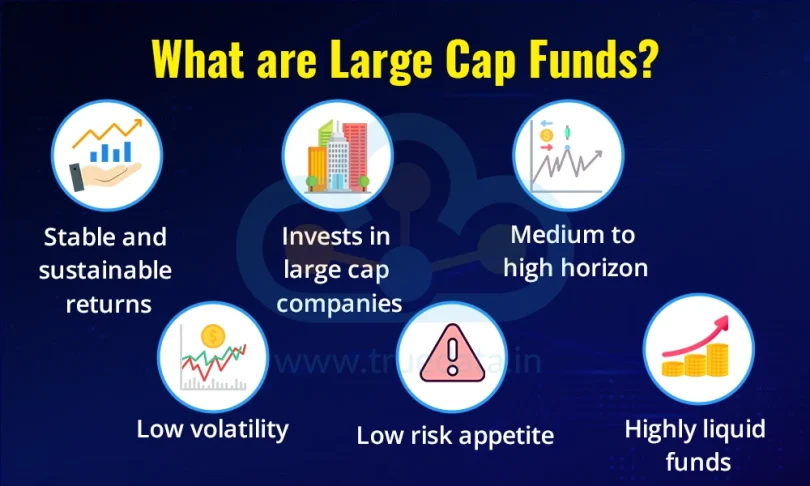Increasing the Toolkit for Investments
By concentrating on blue-chip businesses with solid fundamentals, investors in large cap mutual funds frequently aim for stability, long-term growth, and steady returns. But the tools available in today’s investment environment go beyond conventional debt and equity instruments. Options trading stands out among these as a flexible tactic that can enhance and even supplement the results of a portfolio of large-cap mutual funds. Understanding options trading is becoming more and more important for mutual fund investors looking to diversify risk, hedge positions, or make extra money. It is not just for active traders.
The Fundamentals of Options Trading
Options are agreements that provide you the right, but not the responsibility, to purchase or sell an underlying asset within a specified time frame and at a predetermined price. The two main types are put options (right to sell) and call options (right to buy). For investors who are already invested in large-cap mutual funds, these contracts are extremely relevant because they can be based on individual large-cap stocks or on indices like the Nifty. awareness how options operate and how they vary from direct equity investments requires an awareness of key words like strike price, expiration date, premium, and intrinsic value.
Why Is It Important for Investors in Large Cap Mutual Funds?
In contrast to mid- or small-cap funds, large-cap mutual funds focus on investing in well-established businesses with the goal of achieving consistent returns and reduced volatility. Even the most resilient large cap portfolios, however, may be impacted by sectoral rotations, market declines, or macroeconomic shocks. Options trading gains value at this point. Investors can use options to lock in gains, protect against negative risks, or even increase returns by employing methods like protective puts or covered calls.
Hedging and Risk Management
Risk management is among the strongest arguments for large cap mutual fund investors to learn about options trading. Buying put options on equities held in mutual funds or on an index, for example, can provide as insurance during market downturns. By using options strategically, investors can preserve long-term compounding and reduce short-term volatility while protecting their cash without having to sell their mutual fund holdings.
Making Extra Money
There are also ways to make money with options trading. Selling call options on equities or indexes that you already hold, or writing covered calls, can provide additional revenue through option premiums. This approach works especially well in markets that are range-bound or slightly positive, which are typical conditions for large-cap companies. Even while this strategy might limit upside potential, it fits in nicely with many large cap mutual fund investors’ risk aversion.
Increasing Your Portfolio’s Flexibility
Investors can react proactively to market developments thanks to the flexibility of options trading. Options enable leveraged bets with a little amount of capital at risk—the premium paid—in contrast to equities, which demand complete exposure to price changes. For those in charge of diverse portfolios that contain large cap mutual funds, this means that investors can take part in market rallies or corrections without overcommitting capital.
Intricacy and Caution
Even though trading options has many advantages, there are risks involved. Options are intricate financial products that can quickly lose value, particularly as the expiration date draws near. A number of variables, including market mood, time decay, and volatility, affect their pricing. Before incorporating options into their investment plan, investors in large size mutual funds must have a fundamental understanding of these dynamics.
In conclusion, creating a more intelligent portfolio
Investors in large cap mutual funds can manage unpredictable markets, safeguard profits, and produce additional returns by incorporating their understanding of options trading. Those who comprehend and use options wisely can create more adaptable and resilient portfolios when financial markets change, guaranteeing a safe and profitable investing trip.





